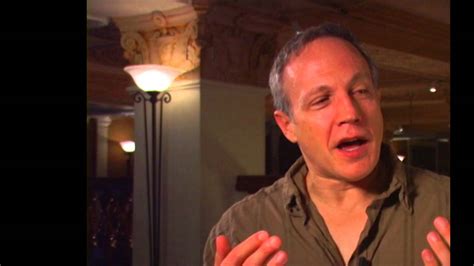A Quote by Sharon Salzberg
When we practice metta, we open continuously to the truth of our actual experience, changing our relationship to life.
Quote Topics
Related Quotes
As children, our imaginations are vibrant, and our hearts are open. We believe that the bad guy always loses and that the tooth fairy sneaks into our rooms at night to put money under our pillow. Everything amazes us, and we think anything is possible. We continuously experience life with a sense of newness and unbridled curiosity.
If we want to cook food we need to leave the stove on continuously and not keep turning it on and off. If the heat is continuous, no matter whether it is high or low our food will eventually be cooked. Similarly, if we continuously apply effort, even if it is only a small effort, it is certain that we shall eventually experience the fruits of our practice.
Many of us incorrectly assume that a spiritual life begins when we change what we normally do in our daily life. We feel we must change our job, our living situation, our relationship, our address, our diet, or our clothes before we can truly begin a spiritual practice. And yet it is not the act but the awareness, the vitality, and the kindness we bring to our work that allows it to become sacred.
We are uncomfortable because everything in our life keeps changing -- our inner moods, our bodies, our work, the people we love, the world we live in. We can't hold on to anything -- a beautiful sunset, a sweet taste, an intimate moment with a lover, our very existence as the body/mind we call self -- because all things come and go. Lacking any permanent satisfaction, we continuously need another injection of fuel, stimulation, reassurance from loved ones, medicine, exercise, and meditation. We are continually driven to become something more, to experience something else.
We are Wikipedians. This means that we should be: kind, thoughtful, passionate about getting it right, open, tolerant of different viewpoints, open to criticism, bold about changing our policies and also cautious about changing our policies. We are not vindictive, childish, and we don't stoop to the level of our worst critics, no matter how much we may find them to be annoying.
The three branches of somaesthetics: the analytic study of the body's role in perception, experience, and action and thus in our mental, moral, and social life; the pragmatic study of methodologies to improve our body-mind functioning and thus expand our capacities of self-fashioning; and the practical branch that investigates such pragmatic methods by testing them on our own flesh in concrete experience and practice.































